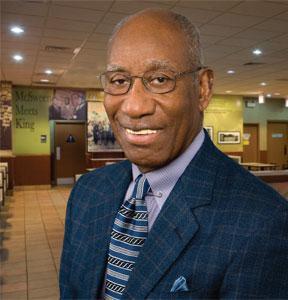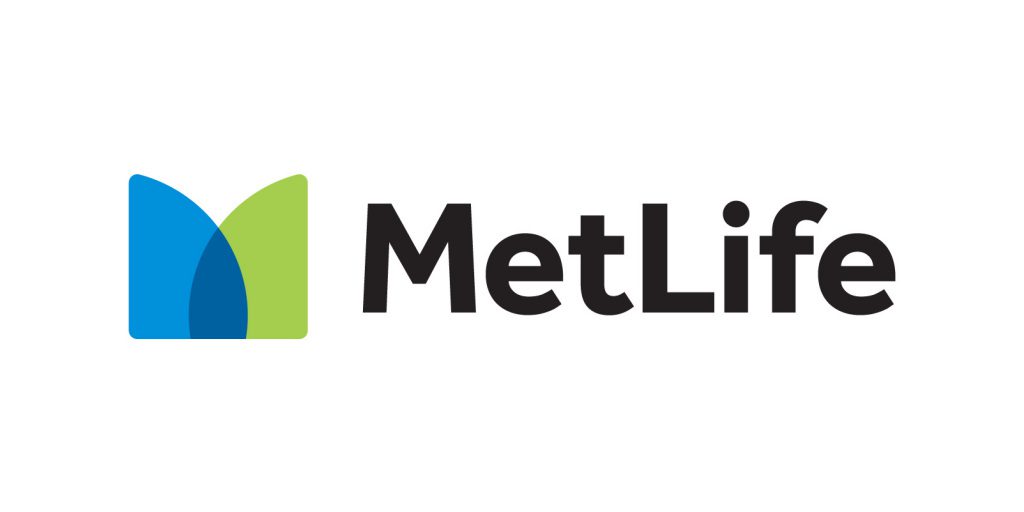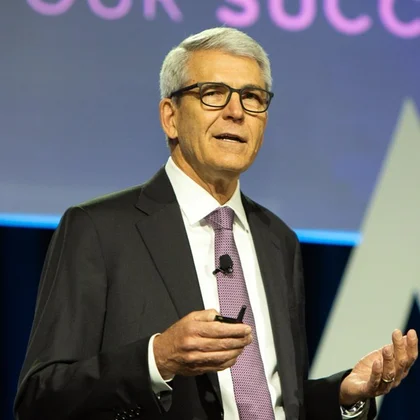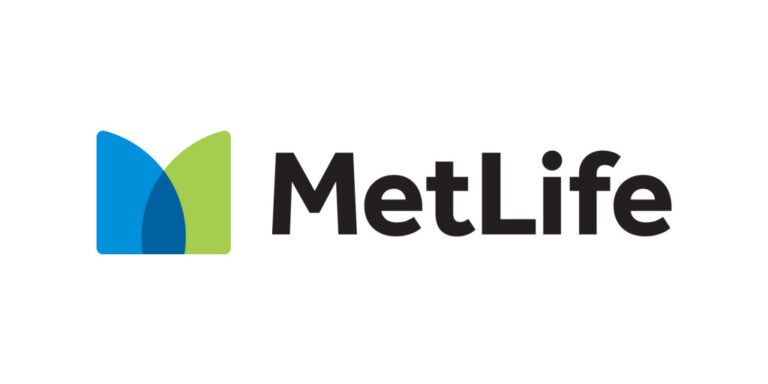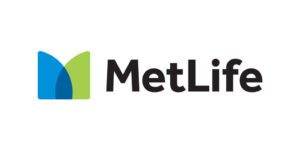aymond James Financial continues to be committed to improving diversity at the company and the financial services industry overall despite recent challenges that included the COVID-19 pandemic somewhat stalling its mentorship efforts, according to Paul Reilly, the firm’s CEO.
The firm started recruiting people of color, women and other potential candidates for the Raymond James advisory training program from colleges, he pointed out during a media briefing last week at the Elevate national conference in Nashville, Tennessee.
The company’s Black Financial Advisors Network is in its sixth year, he noted. Because “there aren’t enough” experienced Black advisors in the market, the firm realized “we’re just going to really have to double down on training and recruiting and getting people from those communities younger in life” interested in the financial services industry, he explained.
Another challenge, he said: “Whether it’s people of color or women, financial services isn’t top of mind for them. That isn’t helped by films including The Wolf of Wall Street portraying the industry in a way that “isn’t very family friendly, which it absolutely is,” he said.
“We realized that we can’t rely on experienced people” alone when it comes to recruiting advisors and other job candidates, and that “we’ve got to get much more into the college recruiting” process and even reach out to students before college to “really to make a difference,” in addition to career fairs, he said.
The company has been doing that for a couple of years and “learned what doesn’t work so well [and] what works OK,” he noted.
Raymond James has a pre-training class that gives people time to pass their tests and the firm then brings them into the company’s financial advisor training classes because it’s found that the step from school to advisor training is too big, he explained.
It’s also running financial literacy training in schools, with a focus on “inner-city neighborhoods to get access to people [and] give access to people who don’t have access,” he pointed out.
At the firm’s home office, “people are spending an hour a day with kids and becoming their mentors, and we realized they’ve never even seen the inside of an office building” and often “don’t even know those jobs exist,” he said.
However, he said, “COVID was hard because you couldn’t get people in the office and it’s a mentorship business.” After all, he explained, there’s nothing quite like “having someone that’s overseeing you or watching” to help somebody become effective as an advisor.
“So that’s going to take time, but we’re committed to it,” he said, noting the firm has spent a lot of money on these initiatives and “we’re ramping up all those programs” now. “We slowed them down a little bit in COVID just because we didn’t think we could train very well if they couldn’t come in the office but now that that the office is open, we’re back full ramp-up,” he added.
Other Diversity Initiatives
“We keep working on” diversity at Raymond James overall and “we’re trying all sorts of things,” Reilly said. For instance, the company has had a Women’s Advisory Council for about 20 years, he noted.
“I think we’re really one of the leaders” in the industry when it comes to hiring women, he said.
But “the challenge [with] being one of the top recruiters in the industry is our percentage is a lot higher than the industry percentage,” he said. “So it’s hard to gain when you’re recruiting from a market that’s less diverse than your own market.”
Additionally, one important goal is to try to “make a societal difference,” so recruiting women and advisors of color from other firms “makes no difference” in terms of making the sector more diverse, he said.
When one firm’s diversity statistics go down but “yours goes up, that’s not the goal,” he added. “The goal is really to make a difference in society and you have to really help develop, bring up and nurture and train that talent. So we’ve shifted our focus after a lot of years of working hard now.”
Now Raymond James is developing much of the “talent from the bottom up and knowing it’s just going to take time,” he said.
Top 2022 Priorities
“Culturally,” Raymond James is trying to get everybody back and integrated into the office, Reilly noted, calling that one of its top two priorities this year. It’s been making good progress on that front, he said.
But a challenge, “as we bring people back, [is] finding that right balance of what works between remote and in-office work, he noted, adding: “We’ll learn that over time.”
Another top priority this year is enhancing the firm’s service level after a slight dip last year, he said. Despite advisors and others working from home, the firm’s service remained “very good, but it wasn’t what we would consider a top standard,” going to the “high 80s” in client satisfaction, he said.
But service has improved in recent months as more Raymond James advisors and others returned to their offices, he said, adding: “We’re committed to be at that very top of service satisfaction. That’s part of our culture [and], already, since people are coming back” to their offices, satisfaction rates are “shooting way up again.”
After one quarter, “we’ve got half of it back and I think we’ll get the other half next quarter,” he predicted.
M&A Activity
“There’s been a renewed focus on wealth,” Reilly also said, pointing to growth especially in the independent RIA market. Part of the reason is that “capital and financing has been pretty cheap so there’s been a lot of roll-ups off that capital,” he said. But rising interest rates and capital costs “may slow that down,” he warned.
Meanwhile, “there aren’t a lot of private client group firms left in the market,” he said, explaining that, “for us, cultural fit is important” when it considers making an acquisition.
“We’re usually not very inquisitive,” he said, noting “we’re an organic grower” usually. Recent exceptions included its acquisition of Charles Stanley in the U.K. last year, which he said “now puts us near the top 10 in the U.K. in the wealth advisors market.”
In 2016, Raymond James bought Alex.Brown. Integration has “gone great,” he said, noting the addition of that firm “helped us grow a broad ultra-high-net worth/high-net worth practice.” Raymond James already “had plenty of people and had more probably billionaire clients than they did but they had a high concentration of them,” he explained.
Asset, Other Updates
Private Client Group assets under administration increased 5% from a year ago and were $1.13 trillion as of April 30, which is down 6% from March 31, the company said late Tuesday.
Meanwhile PCG assets in fee-based accounts grew 8% from April 2021 to hit $638.3 billion, representing a decline of 6% from March; financial assets under management dipped 2% from a year ago to $181.9 billion, down 6% from March.
“While advisor retention and recruiting remained strong across our multiple affiliation options, client assets decreased compared to the preceding month primarily driven by declines in the equity markets,” according to Reilly.
(Pictured: CEO Paul Reilly at Raymond James Elevate 2022; Photo provided by Raymond James)


